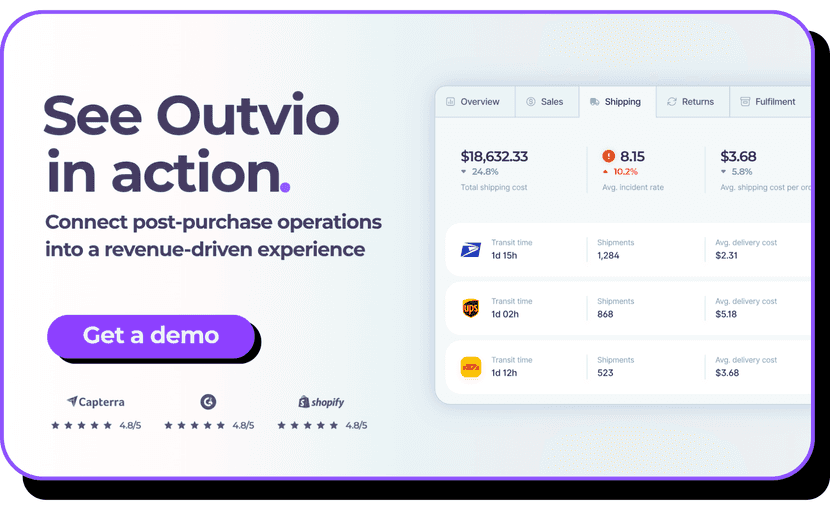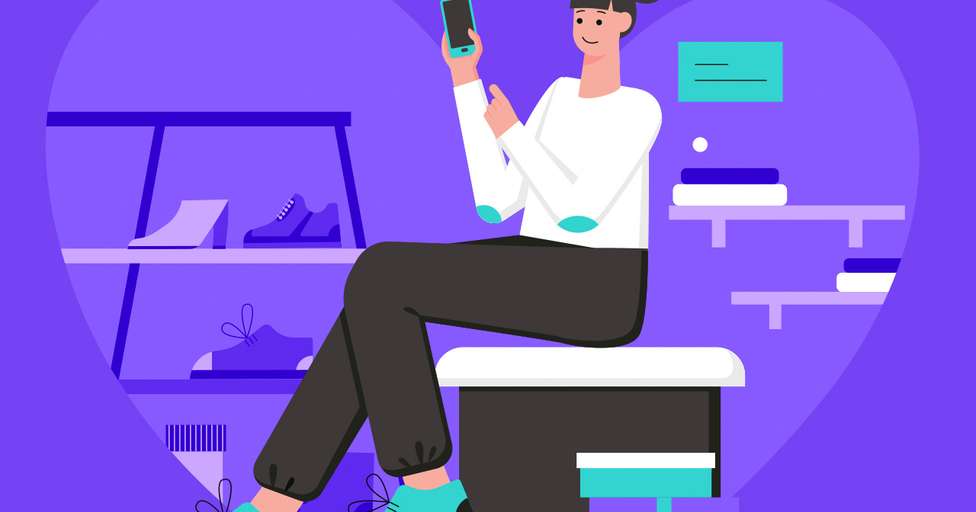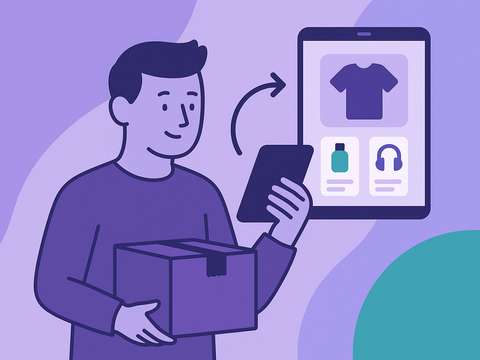Customer relations play a decisive role in customer loyalty, and the relationship between a brand and its buyers.
Making sure your customers feel comfortable interacting with you is vital to building strong relationships. However, this is easier said than done, as today’s consumers are extremely demanding when it comes to the shopping experience. Any mistake can lead to cart abandonment or the total loss of a customer.
Keep reading to find out the benefits of strong relationships with your customers and how to improve customer relations
What are customer relations?
Customer relations are the bond between a brand and its buyers. Customer relations can be used as a marketing strategy to acquire and build customer loyalty and retention.
Traditionally, the customer has been at the center of business strategies. However, to foster loyalty and attract valuable customers that will purchase and repeat, it’s necessary to deeply segment all communication channels. In this way, you’ll be able to offer personalized service that adds value to the entire shopping experience.

Customer service vs. customer relations
There are many customer service buzzwords in the eCommerce industry that, sometimes, is difficult to discern the meaning behind each concept. No worries, we will explain the difference between customer relations and customer service.
Customer relations is the communication and interaction between a brand and its customers, while customer service revolves around all the tasks carried out by the company to fulfill customers’ needs and questions.
If we combine both ideas, we will come up with customer service relations. This term refers to the way a brand interacts with its customers during customer service communications. Contrary to customer relations, customer service relations take place only when a customer approaches the support team to solve questions or problems.

Benefits of good customer relations: Our top 5
- More satisfied customers
- Less friction caused by miscommunications
- More customer attraction
- Increases the customer's lifetime value
- Better brand image
Types of customer relationships
Personal relationships
Personal relationships are those interactions that take place between a member of your company and a customer. These relationships, which can occur physically and digitally, make up the first spontaneous communication.
The needs of today's consumers are pushing big brands to create omnichannel communication strategies to accommodate the habits of current society.
Exclusive personal relationships
Exclusive relationships occur whenever communication is personalized. It could be said that ideally, all relationships with customers should be personalized. However, the cost of personalizing all communications is not always profitable. For instance, it can be necessary to filter out users who aren’t interested in the brand.
Self-service
These unilateral communications are commonly seen in eCommerce, since larger online stores tend to rely on advanced software solutions to improve the customer's shopping experience without being physically present.
Use Outvio's returns portal for improving customer relations and enabling the buyer to manage returns in an autonomous way. Customize it with your branding and include marketing strategies and questions to find out what went wrong during the sale
Automated
Many digital businesses use automation to schedule automatic responses to certain questions or queries. This considerably reduces the workload in the customer service department thanks to CRMs or help desks.
Collective
This type of communication refers to the interaction between the brand, as a collective, to the customers or potential customers as a whole. They can be newsletters, social media posts, or even the branding and advertisements themselves.
6 tips to build positive customer relationships
These tips will help you discover how to improve customer relations for your eCommerce business:
1. Educate your employees
Apart from technical skills and tools, your employees should be trained to provide the best customer service.
2. Be useful
Fast and effective resolution of customers’ queries will position you as a brand that takes care of its customers. Offer proactive help and prevent situations where customers may feel forced to contact you.
3. Speed up response times
An immediate response is a highly demanded value nowadays. If you want the relationship with your customer to be optimal, you’ll need to rely on IT solutions that help you streamline the communication process as much as possible.
4. Personalize all interactions
Personalized attention always wins over plain messages. If you want to catch your customers’ attention and win their love, personalize your interactions with them. For this, you’ll need a customers’ database or some kind of system to keep track of their interests, problems, situation, and so on.
5. Use loyalty programs
Loyalty programs have a great impact when it comes to customer retention. It’s quite logical since all loyalty is based on effective communication.
6. Build strong relationships with Outvio
Outvio is a post-checkout infrastructure designed for online stores looking to streamline their operations and build strong customer relationships.
Centralize your operations in a single interface and automate dozens of post-checkout processes, while you customize the purchasing experience and build positive customer relations.
FAQ about customer relations
What relationship should you have with customers?
A good relationship with the customer should cover all their needs while improving customer relations and the purchasing experience.
What matters most in customer relations?
Two of the factors that customers value most are customization and personalized interactions. Knowing when and how to contact them is one of the keys to success when building loyalty.
Conclusions
Customer relationships are one of the main components of a larger customer relations strategy. It can be the entry point into a lasting bond between your brand and buyers or the reason why a consumer decides to purchase from your competitors.
Only when every touchpoint and conversation is taken into consideration, strong trust and lasting connections can be built (and used to take your business to the next level).




